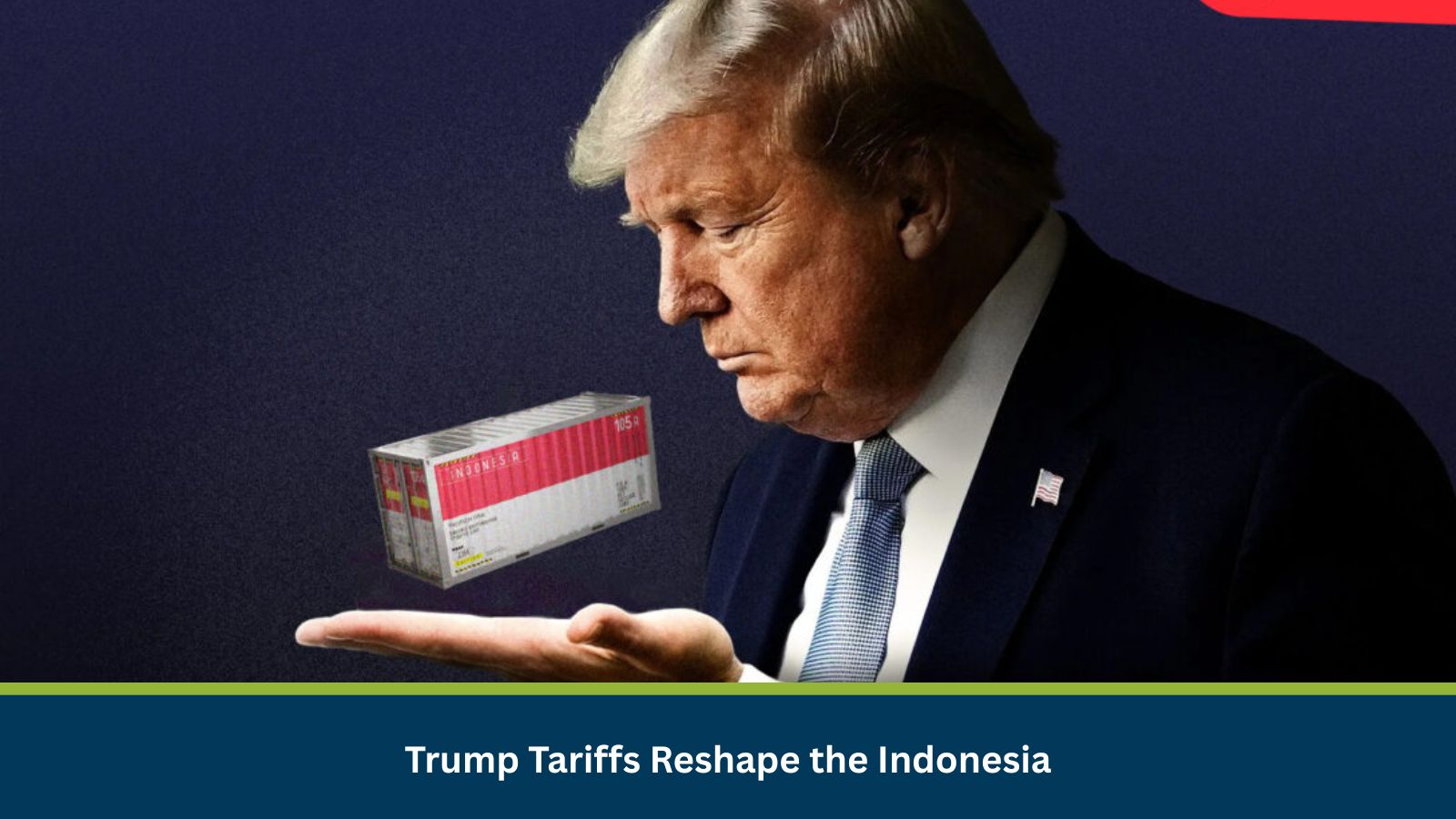What the Indonesia–US Trade Deal Entails?
On 16 July, Indonesia finalized a landmark trade pact with the United States, ushering in a new chapter in its economic diplomacy. The Indonesia – US trade deal introduces a flat 19% tariff on exports to the U.S., significantly lower than the initially proposed 32% under Trump tariffs. In exchange, Indonesia pledged to procure substantial volumes of American goods: 50 aircraft, USD 15 billion in energy imports, and USD 4.5 billion in agricultural products.
This agreement also embeds an anti-transshipment enforcement clause, aimed at preventing rerouting of goods from third countries through Indonesia to benefit from tariff relief, demonstrating alignment with U.S. efforts to clamp down on circumvention.
Why It Matters: Economic and Strategic Implications
This deal reflects a recalibration of U.S. trade policy under Trump’s second term, prioritizing bilateral agreements and stricter enforcement. For Indonesia, it secures continued access to its second-largest export market while sidestepping higher tariffs under Trump tariffs.
Indonesian exports to the U.S., valued at USD 40 billion in 2024, cover a wide range of sectors: textiles, electronics, rubber, palm oil, and footwear. The Indonesia trade deal allows Jakarta to demonstrate compliance with international norms and reinforce its status as a competitive regional manufacturing hub.
Sectoral Impacts and Emerging Risks
- Increased Export Scrutiny: Exporters, especially in electronics, garments, and furniture, face heightened customs checks and documentation demands. Delays and higher compliance costs are expected.
- Contractual & Pricing Volatility: New rules may force renegotiation of commercial contracts and delivery schedules, especially if tariff impacts are unclear.
- Market Disruption: Domestic producers of soy, corn, beef, and coal may lose market share due to mandated imports from the U.S., sparking potential backlash from local unions.
- Logistics Challenges: Ports like Tanjung Priok and Batam could see temporary congestion and rising warehousing costs due to customs upgrades and increased surveillance.
- Financial Exposure: High-value imports may widen Indonesia’s trade deficit, and impact the rupiah, increasing currency risk for local importers.
Medium-Term Outlook: Uncertainty & Opportunity
Although the Indonesia -US trade deal avoids drastic tariff hikes, it brings complex implementation risks. The transshipment clause, digitization of customs systems, and rising enforcement standards could deter immediate FDI inflows in sectors like infrastructure, logistics, and energy.
However, over time, this recalibrated trade environment could attract investors seeking a transparent, rules-based system, particularly if Indonesia leverages this deal to boost trade governance and supply chain competitiveness.
Partner with MitKat
MitKat’s Datasurfr platform delivers real-time, AI-powered risk intelligence, filtered and contextualised by expert analysts to support proactive decision-making. Paired with our Protective Services, we turn intelligence into action safeguarding your leadership wherever they operate. Collaborate with MitKat to build true business resilience. From Risk Consulting and Security Design to Cyber Security and Protective Services, our integrated solutions help organisations navigate today’s complex threat landscape and build robust, future-ready risk management frameworks.






